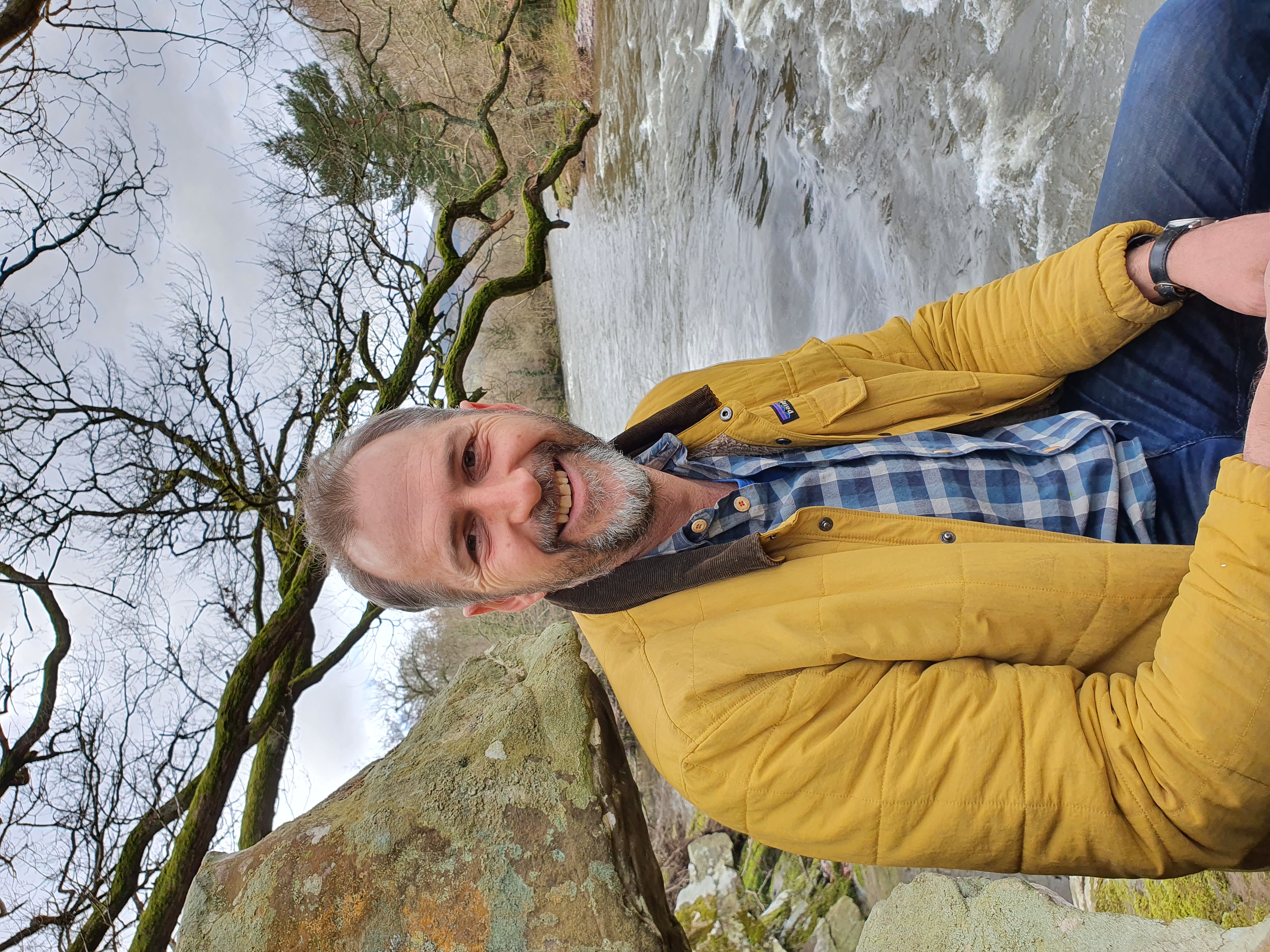October 2021
The maxim ‘knowledge is power’ is particularly apt for our relationship with the environment as citizens. We all need to know the health of the world about us; we depend on it for our very survival.
Information about the state of our rivers has generally been very difficult to find, until now. Members of the public are bombarded with confusing messages ranging from the positive – “our rivers are cleaner than at any time since the industrial revolution” – to the doom-laden – “none of our rivers is in good overall health”. Information about people’s local rivers has also been very hard to come by. The really committed and technically-minded citizen could sometimes find some chunks of data online, but this was usually presented in stodgy spreadsheets with little, if any, interpretation.
That’s why The Rivers Trust has just published the landmark State of Our Rivers Report to bring together critical data and present it in online , summarising the overall condition of our rivers, lakes, canals and groundwaters and in as much detail as possible on each specific water body. Our aim in doing so is to give people, businesses and organisations more knowledge so that they have more power to take action individually and collectively, based around a clear common understanding of the problem.
The headlines of the report are that there may have been local improvements in many areas, but the overall condition of our rivers is, at best, flatlining in a poor state. This is leading to a decline in biodiversity, in the security of our future water supplies, and in our resilience to the climate crisis, which will tend exacerbate pollution, drought, and flooding. The race to climate resilience will be won or lost in our rivers. If we want to win it, we will need to tackle the really big problems of pollution from agriculture and sewage, plus carry out widespread habitat restoration, not only in rivers themselves, but across wider catchment areas.
Ecological health is so complicated, with so many different factors having often interconnected impacts, that it doesn’t lend itself to simplistic measures. This also means that we need to adopt strategic approaches to restoring the natural capital on which we all rely; inaction is not an option. But it’s not too late for us to save our rivers and a sustainable future for our children. Our report recommends key actions that all individuals, businesses and government can and must take. While there is much to be concerned about in the report, we want it to be a springboard for action, not a plank to walk in despair!
An important caveat is that the report uses only the data that is available, and we know that this is highly inadequate because samples are taken infrequently and sparsely. Much of the information presented relies on expert judgement by Environment Agency staff rather than empirical data. Which is why we are delighted that, this week, the CastCo. project, on which we are a lead partner with United Utilities, won £7.1m in Ofwat’s first Water Breakthrough Challenge. This will allow us to implement the Catchment Monitoring Cooperative, a national framework for citizen science monitoring of water quality. This will revolutionise the way crucial data about England and Wales’ water environment is gathered and shared, harnessing the power of citizen science to create a much-needed, robust and defensible evidence base for tackling environmental challenges.
For now, by presenting the available data in a user-friendly format, the State of Our Rivers report gives us the best understanding available. As our Technical Director Dave Johnson is fond of saying: “although much of the data is wrong, it is still useful!” We’ve also had to focus on England only for this edition, but we do hope to extend this approach to Wales, Scotland and the island of Ireland in future editions.
The report is not available as a printed PDF, because it comprises interactive maps with large databases behind them. An example is the asset register for Nature Based Solutions, which records more than 4,000 green interventions such as wetlands, leaky dams, and tree-planting schemes in the same way that concrete flood defences and sewage treatment works are recorded on engineered asset registers. This crowd-sourcing of data allows the whole river management community to contribute their jigsaw piece to an overall national picture of nature recovery and water management, and for this to be a living document that develops as we bring more data together over the years.
There is some fantastic work going on to improve the state of our rivers, we just need to do a lot more of it and co-ordinate it more effectively. We hope that this report will contribute to building consensus about the problems so that we can make sound decisions at a local and national scale about the best use of resources to deliver collaborative solutions.
Mark Lloyd is CEO at The Rivers Trust.
Follow: @theriverstrust and @MarkLloydRT
The opinions expressed in this blog are the author's and not necessarily those of the wider Link membership.

Latest Blog Posts